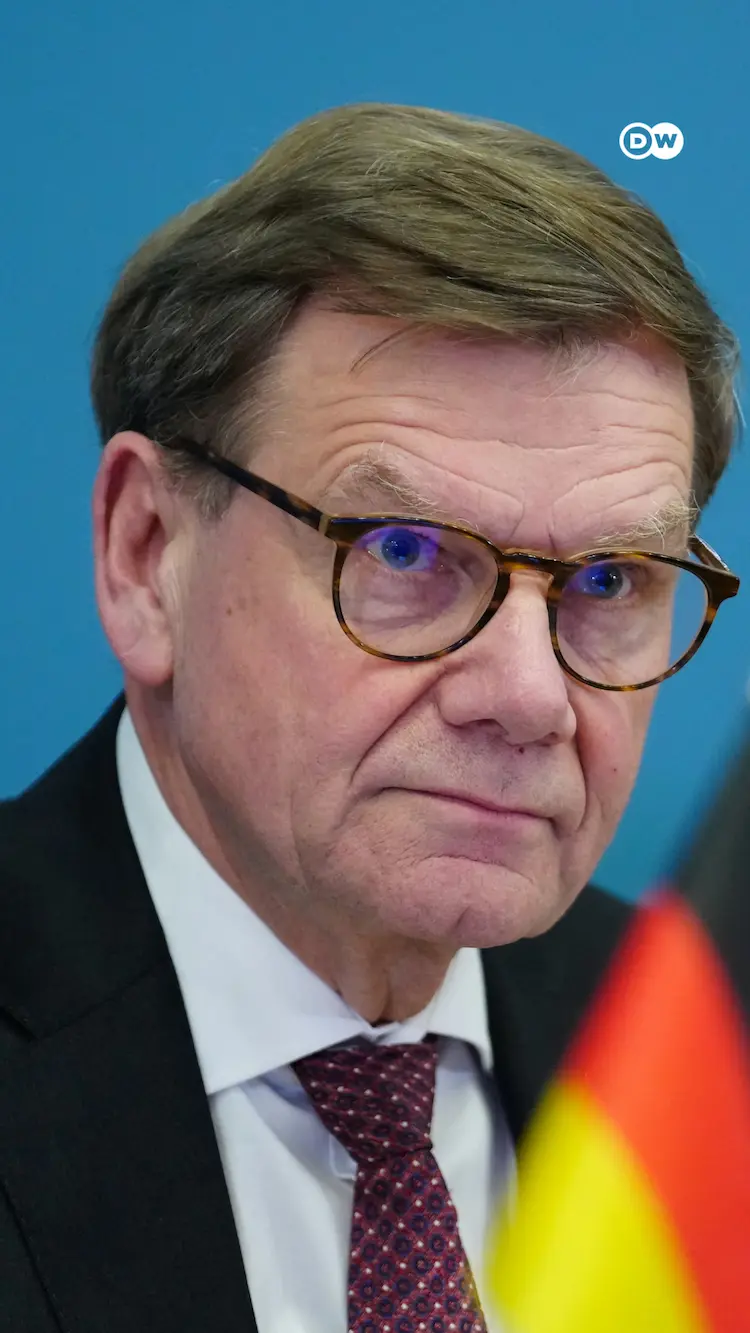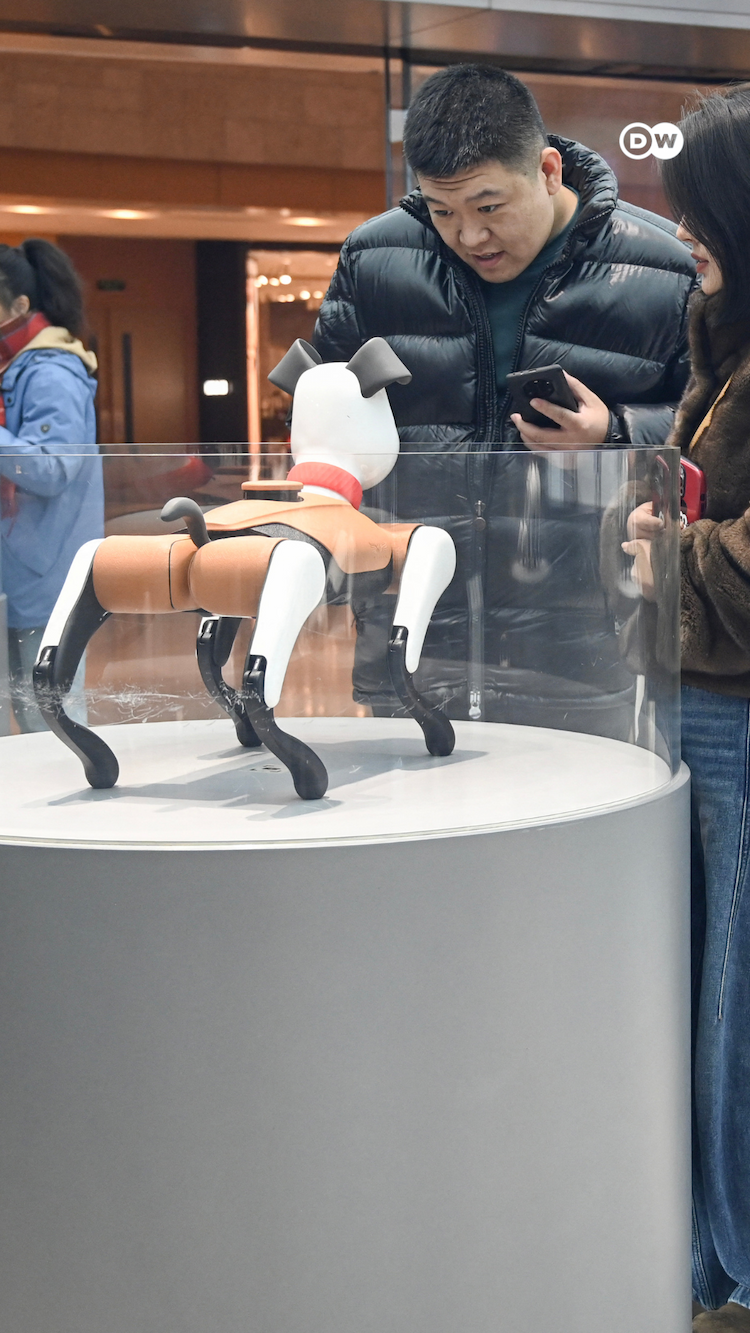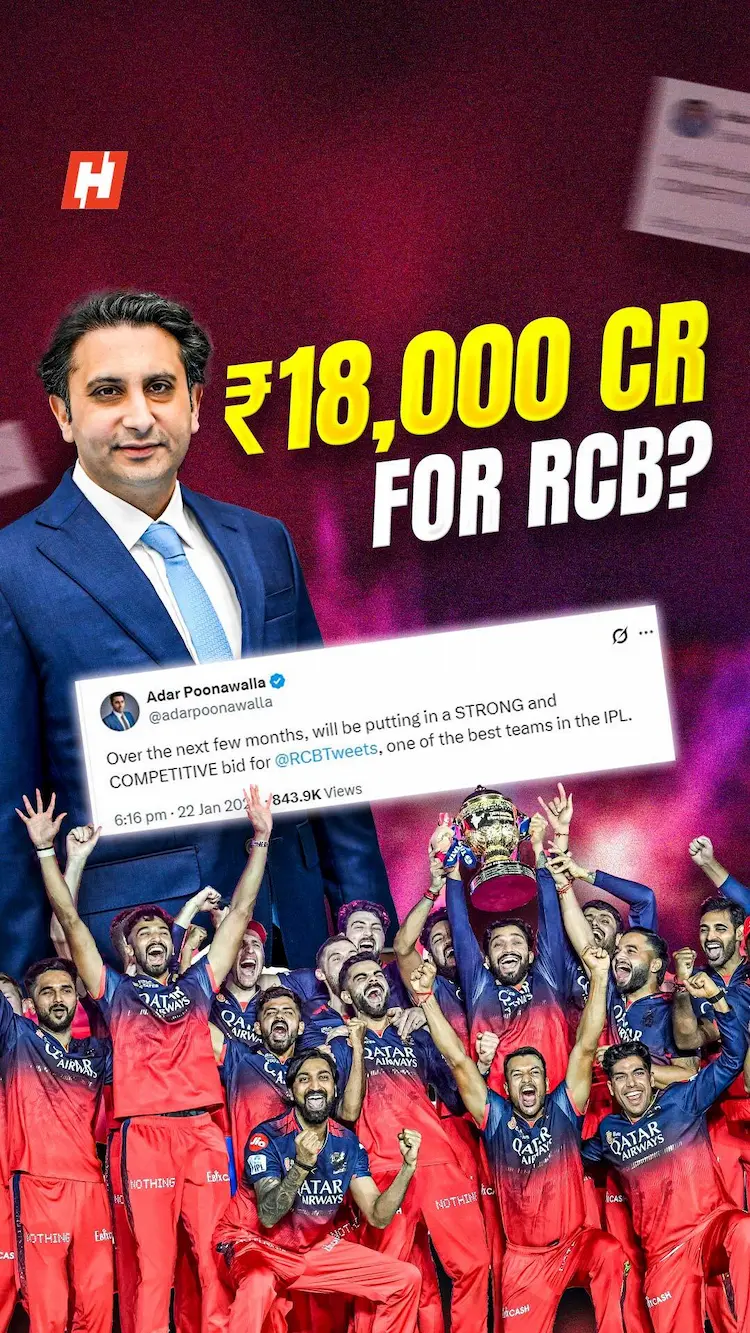Economy, Trump or political pressure: Why is Japan PM Ishiba stepping down?
Japanese Prime Minister Shigeru Ishiba has succumbed to mounting political pressure and declared his intention to step down from the top office. While announcing his decision on Sunday, Ishiba said he would hold the office till his successor is elected.
The resignation came one day before his Liberal Democratic Party was to decide whether to hold an early leadership election, a virtual no-confidence motion against him if approved.
Japan is facing an unprecedented economic challenge -- one that was believed to be fuelled by US President Donald Trump's crushing tariffs. Japan's all-important auto sector was under immense pressure. Until it wasn't.
Just days before announcing his resignation, Ishiba had concluded tariff negotiations with Trump. The US president signed an order on Thursday to lower tariffs on Japanese autos, with Washington finally moving to implement a trade pact negotiated with Tokyo in July.
However, although Japanese autos will now face a 15% tariff instead of the current 27.5%, the levy will still cause significant pain in the crucial industry.
Ishiba's vision of a 'new Japan'
Ishiba had pledged to "create a new Japan" and revitalise depressed rural regions, and address the "quiet emergency" of Japan's shrinking population.
He immediately called lower house elections for October 2024 but that backfired spectacularly, with the LDP suffering its worst result in 15 years.
That performance robbed the LDP and its coalition party Komeito of their majority, forcing them to bargain with opposition parties to pass legislation.
Then came the July vote that cost him the majority in the upper house, a result that fuelled resignation speculation.
His government's popularity ratings plummeted during its short tenure, with voters angry about price rises, especially for rice that is twice as expensive as a year ago.
Members of his own party were reportedly plotting to remove him from the prime minister's office. Ishiba had met with Agriculture Minister Shinjiro Koizumi and his perceived mentor, former Prime Minister Yoshihide Suga, who apparently suggested Ishiba’s resignation ahead of Monday’s vote.
"While striving to accommodate many people and foster harmony, my sincere efforts resulted in losing my particular path," Ishiba said, adding he would not run in the leadership race.
Who will succeed PM Ishiba?
His most prominent rival, hardline nationalist Sanae Takaichi, was the runner-up in the last leadership election and all but said on Tuesday that she would seek a contest.
The LDP has governed almost continuously since 1955, but voters have been deserting the party, including towards fringe groups such as the populist Sanseito.









